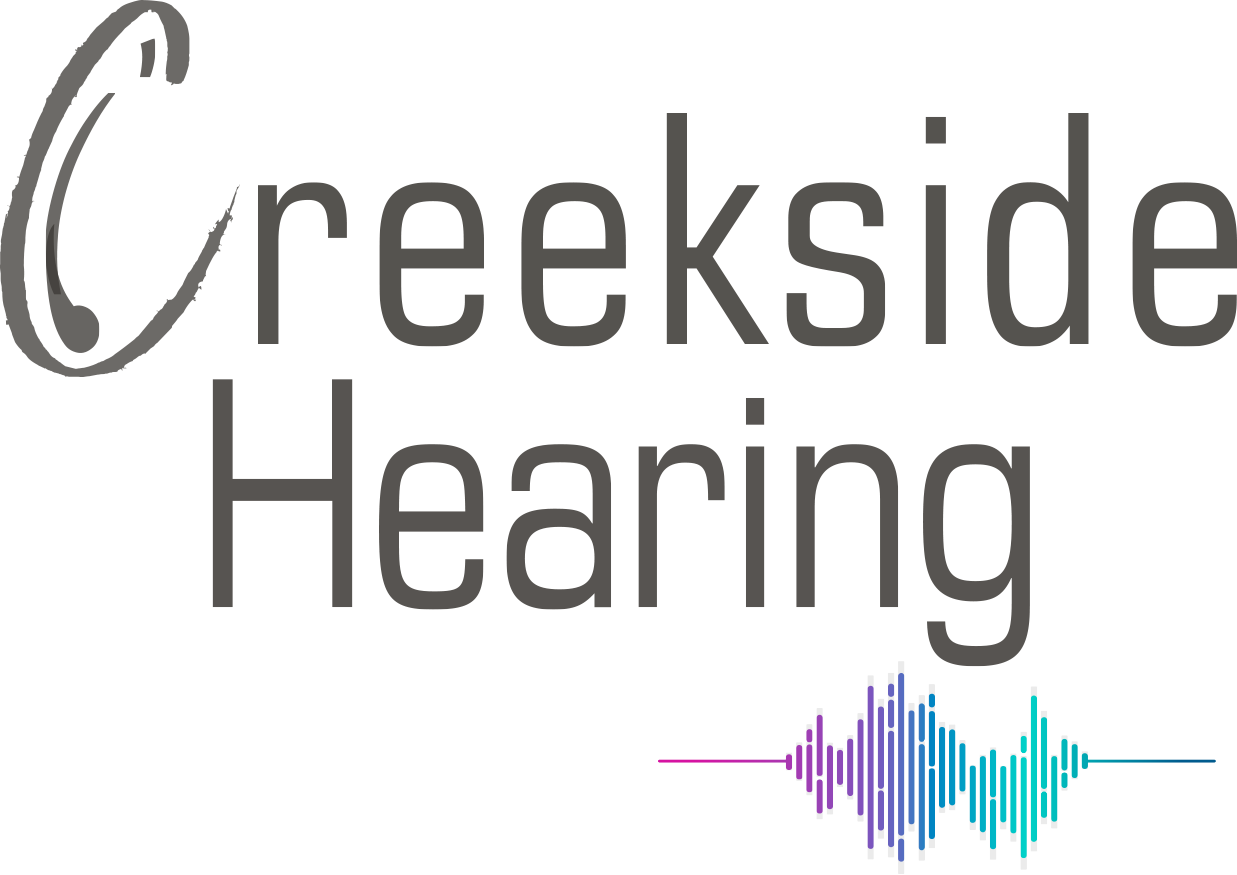Why Cognition Screening and Hearing?
At Creekside Hearing, we do a combination of hearing testing and cognitive screenings. This allows us to get a more comprehensive understanding of your individual health. Our hearing healthcare providers can better tailor solutions for your specific needs, and also help identify potential issues early, leading to better outcomes and a more personalized treatment plan.
The auditory pathway, serving as one of the most engaged routes from the ears to the brain, places increased demands on the brain when hearing is impaired. This heightened cognitive load and listening effort required to extract meaningful sounds from background noise contribute to the correlation. Proactively addressing hearing loss holds the potential to mitigate the risk of cognitive decline.

Power of Cognivue
Embrace the Power of Cognivue for Your Hearing Health
Cognivue is a FDA approved, self-administered cognitive health assessment, completed in just 10 minutes, providing valuable insights into our cognitive well-being. By evaluating our capacity to perceive, process, and respond to auditory information, it offers a comprehensive understanding of our cognitive abilities. This assessment plays a vital role in preserving optimal hearing health and protecting against cognitive decline linked to untreated hearing loss. Its personalized and data-driven approach empowers individuals to proactively address cognitive decline, enabling tailored care that addresses their unique needs and challenges effectively.
Why Cognitive Screenings?
Cognitive Screening Plays a Vital Role in Empowering Patients to Take Action Sooner.
Treating hearing loss with hearing aids not only has the potential to improve quality of life over time, but it may also positively impact cognitive decline. Research has shown that hearing loss is associated with accelerated cognitive decline and incident cognitive impairment in older adults. By addressing hearing loss early on, individuals can potentially decrease cognitive load, which is known to contribute to cognitive impairment. Furthermore, cognitive screening allows for the detection of early signs of cognitive decline, enabling patients to seek assistance and further testing if needed. By integrating cognitive screening into the overall picture of their hearing health, individuals can ensure a comprehensive approach to their well-being and resolve any potential hearing-related aspects.

Impact of Hearing Aids
How Hearing Aids can Help
The impact of hearing aids is significant, particularly in preserving a protective barrier for cognitive health. In a recent study, it suggests that untreated hearing loss was associated with increased dementia risk, suggesting that hearing aids might prevent or delay the onset and progression of dementia. This highlights how hearing aids bridge the gap between a person’s hearing loss and their environment, enabling them to stay engaged and connected.

By providing auditory support, hearing aids ensure that our brains continue to engage in cognitive processing, thereby sustaining an active and stimulated mind. Furthermore, the use of hearing aids enables individuals to participate in social activities, helping them retain a sense of normalcy and social connectedness. By promoting such engagement, hearing aids can significantly benefit our cognitive health and bring us one step closer to the prevention of dementia.
To learn more, we encourage you to explore our blog on How Addressing Hearing Loss Can Slow Cognitive Decline.
